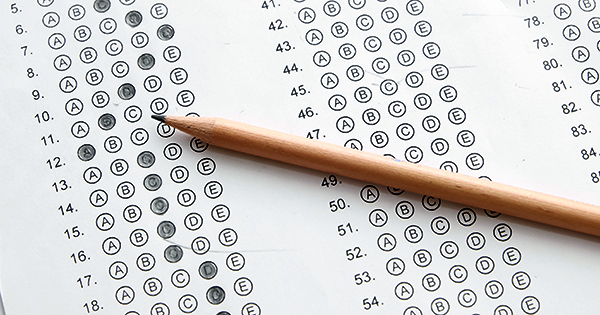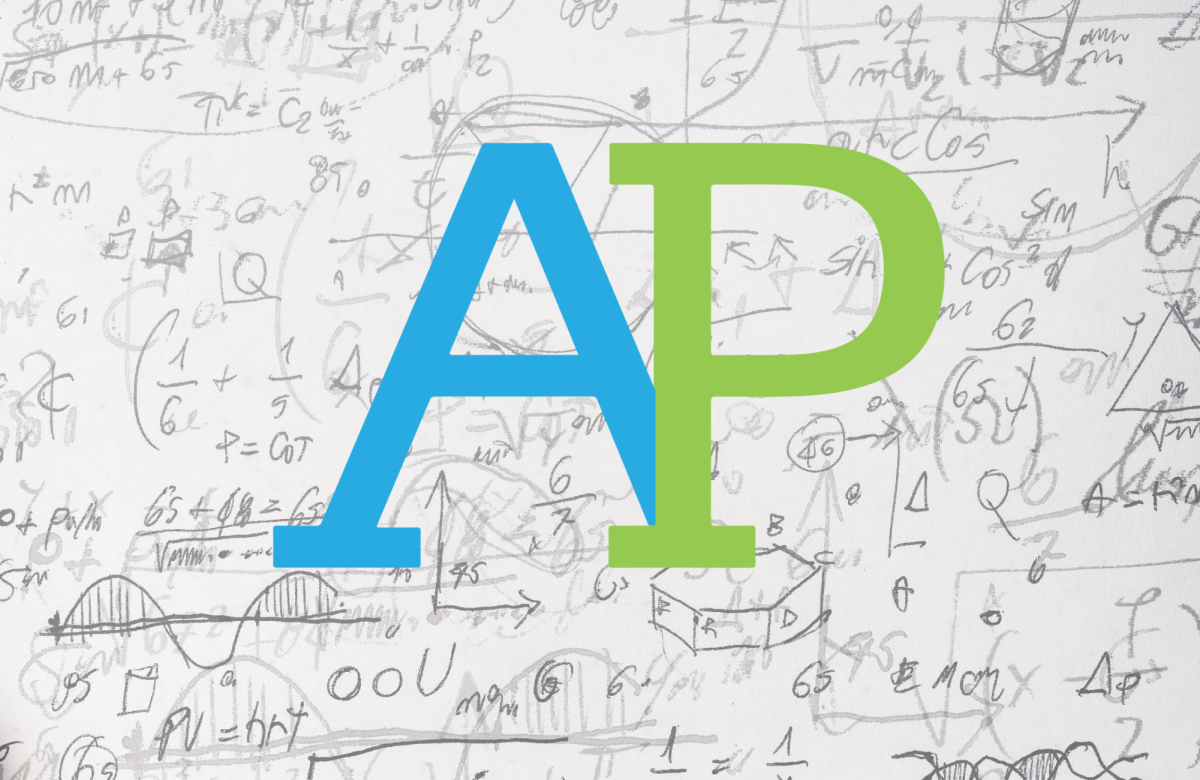Standardized testing has been the subject of debate to a great extent. In other words, how do standardized tests further education in America? Some argue that standardized testing is crucial for students to assess their knowledge of a subject. Others argue that it is detrimental to students as a whole, overlooking certain aspects and diving too deep into others. Standardized tests jeopardize education in America because they inaccurately gauge students’ knowledge and neglect to recognize other strengths.
Standardized tests do not reflect students’ knowledge of subjects and fail to acknowledge outside factors; it simply separates students who are good at test taking from those who are not as good at test taking. Standardized test scores can be negatively affected due to outside factors. For example, stereotypes. When students take standardized tests, they can be easily distracted by several things, resulting in a low score. Most times, students have the academic capacity to answer the questions. However, they get so caught up in the small aspects that they start to get tripped up. This feeling spirals throughout the students’ minds and results in a negative test report. The environment in which students take standardized contributes to how the students feel when testing. When students have outside factors, such as stereotypes, placed on them, it creates more stress and pressure to do well. Ultimately, the opposite result happens and the student does not do well. “Standardized Testing Pros and Cons – Does It Improve Education?” adds, “Standardized test scores are easily influenced by outside factors: stress, hunger, tiredness, and prior teacher or parent comments about the difficulty of the test, among other factors” (“Standardized Testing Pros and Cons – Does It Improve Education?”). Stereotypes can have students going into a test with a negative mindset, causing them to do poorly, so even if the student knows the information on the test, outside factors greatly contribute to the overall result. The previous point is supported by, “External stereotypes also play [playing] a part in scores: ‘research indicates that being targeted by well-known stereotypes (‘blacks are unintelligent,’ ‘Latinos perform poorly on tests,’ ‘girls can’t do math’ and so on) can be threatening to students in profound ways, a predicament they call ‘stereotype threat’” (as qtd. in “Standardized Testing Pros and Cons – Does It Improve Education?”). The stereotypes are inculcated into students’ minds so much that they start to believe it, spiral, and go into a standardized test with an altered mindset, one they may not have had if outside factors were as prominent. Stereotypes are one of the most eminent and detrimental aspects to a student, especially before a big test.
Standardized testing fails to acknowledge the students’ other strengths. Rather, they focus purely on academic skills and wane focus on critical thinking skills. When taking standardized tests, students are inaccurately assessed. The tests fail to acknowledge critical thinking abilities that students possess that are stronger than the student’s academic skills. When students take standardized tests, the test does not test the student’s problem-solving skills, for example. Standardized testing is like putting a puzzle piece in the wrong spot – it is neither the right fit nor effective. Students often undergo an immense amount of pressure, especially if they know that they do not perform well academically, let alone perform academically under pressure. Throughout the advancements in education, one thing that has not changed is how standardized tests are formatted. These tests need to be more inclusive to students who think differently than other students. “Pros and Cons of Standardized Testing – Part Two” suggests, “Standardized testing has a limited view of successful learning and improvement” (Carson and Pastor). A successful student does not necessarily have to be a student who is good at math but rather a student who possesses different traits and characteristics. For instance, critical thinking, creative thinking, and problem-solving. These traits are not measured by standardized tests; only by math, science, history, English, etc. Due to this,“[standardized] testing fails to accurately assess a student’s abilities in other crucial areas such as critical thinking or innovative problem-solving” (Carson and Pastor). Pivotal aspects are not included in the standardized testing curriculum. Some students may not be strong academically but are more than proficient in their analytical capabilities. Standardized testing needs to be updated regarding what is being tested.
Critics argue that standardized testing offers an accurate measurement of how much information a student is retaining and is an accurate gauge of the areas a student needs to improve upon. A student who learns a math topic and is instructed to take a standardized test on the same information should be able to score a proficient grade since the same information is tested. This standardized test would be an accurate measure of how well that student is retaining the information on the math topic. However, students undergo a detrimental amount of pressure and stress when taking standardized tests because they are pressured to do well, resulting in low test scores. If a student gets nervous, it will reflect negatively on the test. In support, “Many students do not perform well under pressure in a standardized testing environment” (Carson and Pastor). Students who do not perform well under pressure will perform poorer and score lower than students who thrive under pressure. Every student is different from one another. However, standardized testing fails to recognize this aspect.
The incorporation of standardized testing is flawed in that the tests do not display the students’ full capacity of a subject due to extraneous factors and fail to acknowledge supplementary strengths. Ultimately, standardized tests imperil education in America. As society continues to evolve, standardized tests need to evolve as well to fairly test students as a whole. Over time, it will become incredibly important that standardized tests progress so that students are given an equitable assessment.











